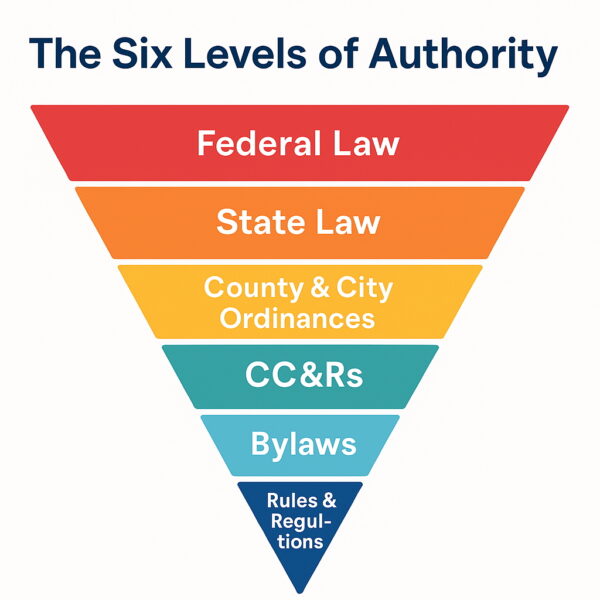When two people are playing the game of poker but one player knows exactly what cards are in both hands, would that be cheating?
Yes, that would be cheating. In poker, the game is based on strategy, probability, and the element of uncertainty. If one player has access to hidden information—such as knowing exactly what cards both players hold—it gives them an unfair advantage that fundamentally breaks the rules and integrity of the game.
This could happen in several ways, including:
• Marked cards
• A hidden camera or observer signaling information
• Electronic assistance
• Collusion with the dealer or another player
All of these are considered forms of cheating in any legitimate poker setting, whether it’s a friendly game or a professional tournament.

In a similar situation, if there is a contract dispute that escalates to a court room case, would it be fair if both sides were represented by the same attorney?
No, it would not be fair if both sides in a contract dispute were represented by the same attorney. That would be a clear conflict of interest and a violation of legal ethics.
In the legal system, attorneys have a duty of loyalty and confidentiality to their clients. Representing both parties in a dispute would create a fundamental conflict because the lawyer would have obligations to advocate for the best interests of each party—interests that are, by definition, opposed in a lawsuit.
In most jurisdictions, legal ethics rules (such as the ABA Model Rules of Professional Conduct in the U.S.) strictly prohibit an attorney from representing both sides.
This is similar to your poker analogy—just as one player knowing both hands is unfair, one lawyer representing both sides in a dispute undermines the fairness and integrity of the legal process.

In a similar situation, our neighborhood is divided into two different HOA’s but they both share the same management company, and the management company also has relations with the same law firms, reserve fund analyst, and accounting firms. Would this be fair, representation if one association is twice as large as the other? What are the possible ethical questions? How can we be sure that the management company does not give one HOA advantage over the other?
This situation presents serious ethical concerns and potential conflicts of interest because multiple key decision-making roles—management, legal counsel, reserve fund analysis, and accounting—are influenced by the same management company for both HOAs, while one HOA is twice as large as the other.
This structure raises critical fairness, financial integrity, and governance concerns, including:
1. Unequal Representation & Resource Allocation
✅ Imbalance in Service Levels
• Since one HOA is twice as large, the management company, law firm, and accountants may devote more time and resources to the larger HOA, leaving the smaller HOA underserved.
• If board members rely on the same professionals for advice, they may receive biased recommendations favoring the larger HOA’s interests.
✅ Financial Prioritization Risks
• Does the larger HOA pay more in fees, leading to the management company prioritizing their concerns?
• Are vendor contracts negotiated with only the larger HOA’s needs in mind, potentially forcing the smaller HOA into unfair financial arrangements?
✅ Risk of Preferential Legal Advice
• If the same law firm advises both HOAs, can homeowners be sure their HOA’s interests are not being compromised in favor of the larger HOA?
• Legal conflicts may arise if the law firm represents both HOAs in a dispute or negotiates contracts that favor one over the other.
2. Lack of Transparency & Accountability
✅ Reserve Fund & Budget Concerns
• Since both HOAs use the same accounting firm and reserve fund analyst, how can homeowners be sure:
• Each HOA’s reserves are properly accounted for?
• Funds are not misallocated between the two HOAs?
• The smaller HOA is not being charged higher fees or receiving fewer services?
✅ Shared Vendor Contracts
• Are vendors (landscapers, maintenance companies, security services) contracted at rates that benefit both HOAs fairly, or does one HOA get better terms?
• Are cost savings from shared vendor agreements passed on equally to both HOAs?
✅ Financial Transparency Issues
• If both HOAs use the same accounting firm, how do you ensure:
• Each HOA gets a truly independent audit?
• No financial favoritism or fund commingling occurs?
• Financial reporting remains objective and accurate?
3. Ethical & Legal Concerns
✅ Conflict of Interest (California Civil Code § 5350)
• HOA board members must avoid conflicts of interest, yet they are relying on a management company, law firm, and financial services that serve both HOAs.
• Who ensures that advice given to one HOA does not disadvantage the other?
✅ Potential Breach of Fiduciary Duty (California Corporations Code § 7231)
• HOA Board members have a duty to act solely in their HOA’s best interests.
• If financial and legal professionals are serving both communities, the Board may not have access to truly independent decision-making.
✅ Risk of Legal Exposure
• If the law firm advises both HOAs, what happens if a legal dispute arises between the two HOAs?
• Who does the law firm represent? Would they have to drop both HOAs, forcing each to find new legal counsel?
Final Thought: Is This Fair Representation?
🔴 No, this is not fair representation if the same professionals influence all key financial and legal decisions for two separate HOAs.
✅ To ensure fairness, your HOA should demand transparency, separate legal and financial oversight, and independent decision-making and seek a new management company to avoid all conflicts.
The current management company has stated, during open Board Meetings, that many vendors have voiced their refusals to provide service to the Eastridge Hills HOA. This is a curious situation and we’ll investigate this issue in an upcoming post.
If you have questions, please ask them in the comments . . . we have the resources,










